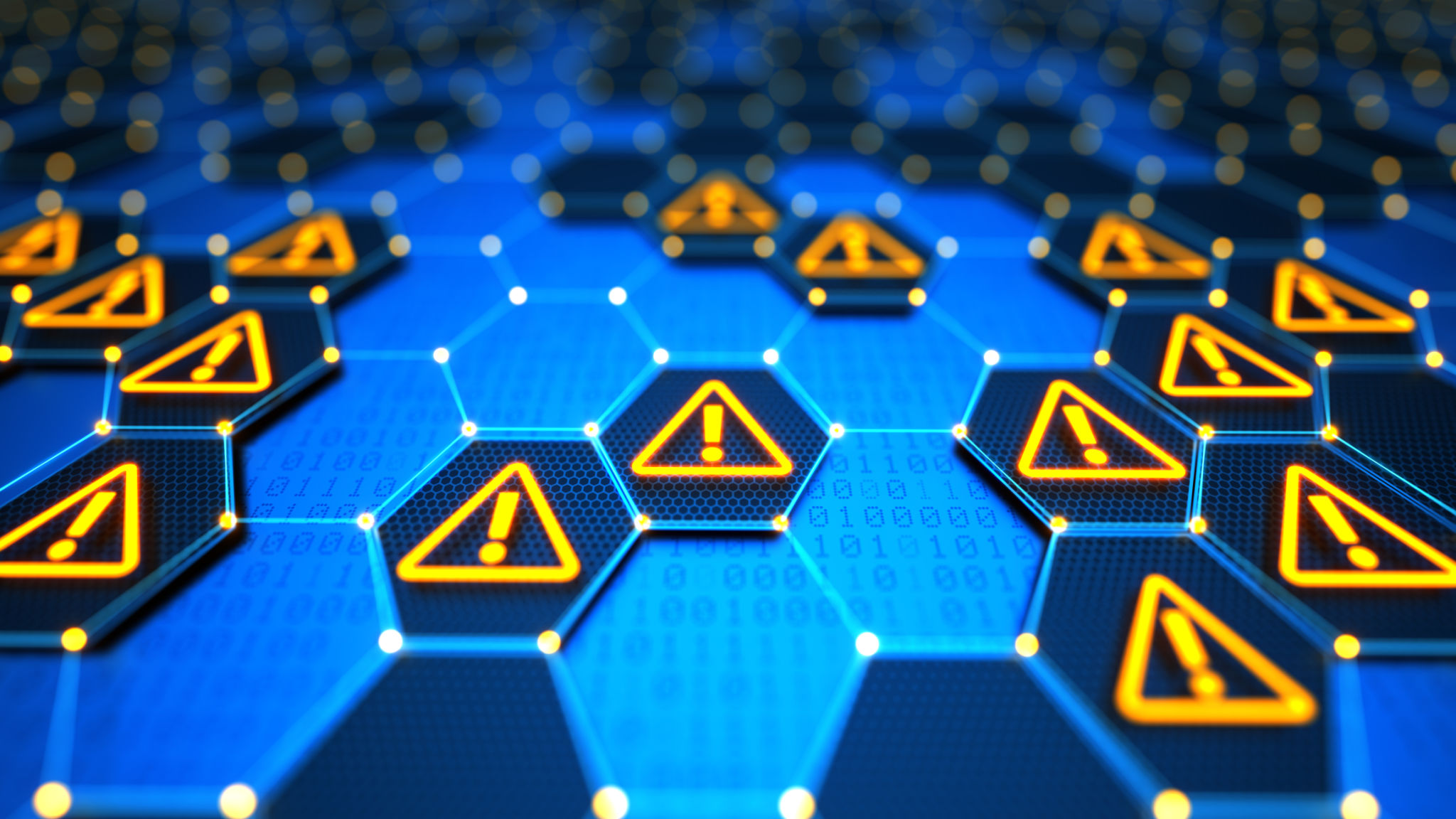DIY Cybersecurity Measures for Small Businesses in Ljubljana
Understanding the Importance of Cybersecurity
In the bustling city of Ljubljana, small businesses are the backbone of the local economy. However, with the increasing reliance on digital tools and platforms, these businesses are becoming more vulnerable to cyber threats. It's crucial for small business owners to understand that cybersecurity isn't just a concern for large corporations; it is equally important for smaller enterprises to safeguard their assets and customer data.
Implementing cybersecurity measures might seem daunting, but even simple, do-it-yourself (DIY) strategies can significantly enhance your business's security posture. This guide will walk you through essential DIY cybersecurity measures to protect your small business in Ljubljana.

Conducting a Risk Assessment
The first step in enhancing cybersecurity is to conduct a thorough risk assessment. Identify what data is most valuable to your business and what potential threats could compromise it. Consider both external threats, such as hackers, and internal threats, like employee mishandling of sensitive information.
Once you've identified the risks, prioritize them based on potential impact and likelihood. This will help you allocate resources efficiently and focus on the most critical areas that need protection.
Creating Strong Password Policies
One of the simplest yet most effective ways to improve cybersecurity is by implementing strong password policies. Encourage employees to create complex passwords that include a mix of letters, numbers, and special characters. Consider using password management tools to generate and store secure passwords.
Additionally, regularly update passwords and avoid using the same password across multiple accounts. Implementing two-factor authentication (2FA) adds an extra layer of security, ensuring that even if a password is compromised, unauthorized access is still prevented.

Keeping Software Updated
Outdated software is one of the most common vulnerabilities that hackers exploit. Ensure that all software, including operating systems and applications, are regularly updated to the latest versions. These updates often include patches for security vulnerabilities that could otherwise be exploited by cybercriminals.
Consider enabling automatic updates to ensure that your software remains current without requiring constant manual intervention. Regular updates are a simple yet critical step in maintaining robust cybersecurity.
Educating Employees on Cybersecurity
Your employees play a vital role in maintaining your business's cybersecurity. Conduct regular training sessions to educate them about common cyber threats, such as phishing scams and social engineering attacks. Empower them with the knowledge to recognize suspicious activities and report them promptly.
Creating a culture of cybersecurity awareness within your organization can significantly reduce the risk of human error leading to security breaches. Encourage open communication and continuous learning about emerging threats and best practices.

Implementing Data Backup Strategies
Data loss can be catastrophic for any business. Implementing regular data backup strategies ensures that you can recover critical information in case of a cyber incident or hardware failure. Use both on-site and cloud-based backup solutions to provide redundancy and ensure data availability.
Schedule backups frequently and test them periodically to ensure their effectiveness. By having a reliable backup system in place, you can minimize downtime and quickly restore operations after a data loss event.
Utilizing Firewalls and Antivirus Software
Firewalls and antivirus software are essential components of any cybersecurity strategy. Firewalls act as barriers between your internal network and external threats, monitoring and controlling incoming and outgoing traffic based on predetermined security rules.
Meanwhile, antivirus software helps detect and neutralize malware before it can cause harm. Regularly update these tools to ensure they are equipped to handle the latest threats, providing an additional layer of protection for your business's digital assets.
